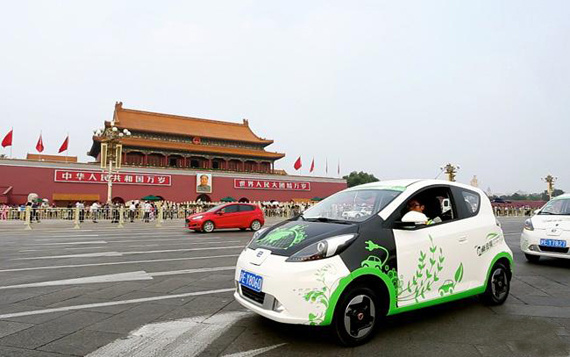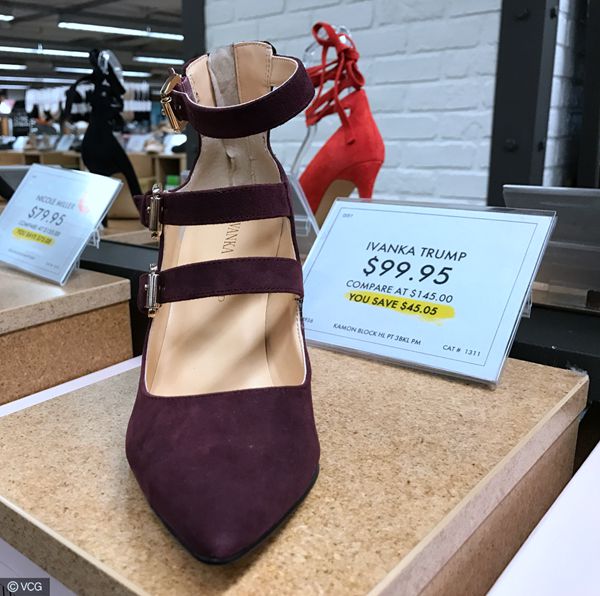Beijing to replace all taxis with new energy vehicles
Beijing is aiming to gradually replace its petrol-powered taxis with greener new energy vehicles to help reduce air pollution starting from this year.
 |
|
A new engery car is on the road in Beijing. [File photo/ecns.cn] |
The plan is contained in a discussion document on preventing and solving air pollution problems in the Beijing-Tianjin-Hebei Region and neighboring provinces, which was issued on February 14, according to National Business Daily.
All petrol-and diesel-powered taxis being taken out of service would need to be replaced by electric or liquid petroleum gas (LPG) powered cars. Any vehicles that taxi companies plan to buy should be electric or other types of new energy cars.
Statistics show that Beijing currently has about 71,000 taxis in total, out of which 67,000 are conventionally powered, the National Business Daily reports.
It is estimated the market size would reach 9 billion yuan (about 1,309 million USD) if all the taxis in Beijing were replaced by electric or natural-gas-powered vehicles, according to National Business Daily.
Experts say once the plans in the discussion document implemented, it will not only contribute to the environment, but stimulate China’s new-energy vehicle industry.
However, it is not easy for green powered taxis to compete with traditionally powered ones at present, due to concerns over longer time needed on charging and the limited mileage of electric vehicles, says Liu Tao from the Beijing Taxi Cum Automotive Leasing Association
Purchasing a traditionally powered vehicle would generally cost between 60,000 yuan (about 8,725 USD) to 70,000 yuan (about 10,179 USD), but an electric vehicle would cost about 140,000 yuan (about 20,359 USD), Liu said.
But if the number of new energy vehicles is increased, that cost will go down, say Li Liangjin, CEO of CAOCAO, a Chinese travel service platform.
read more

